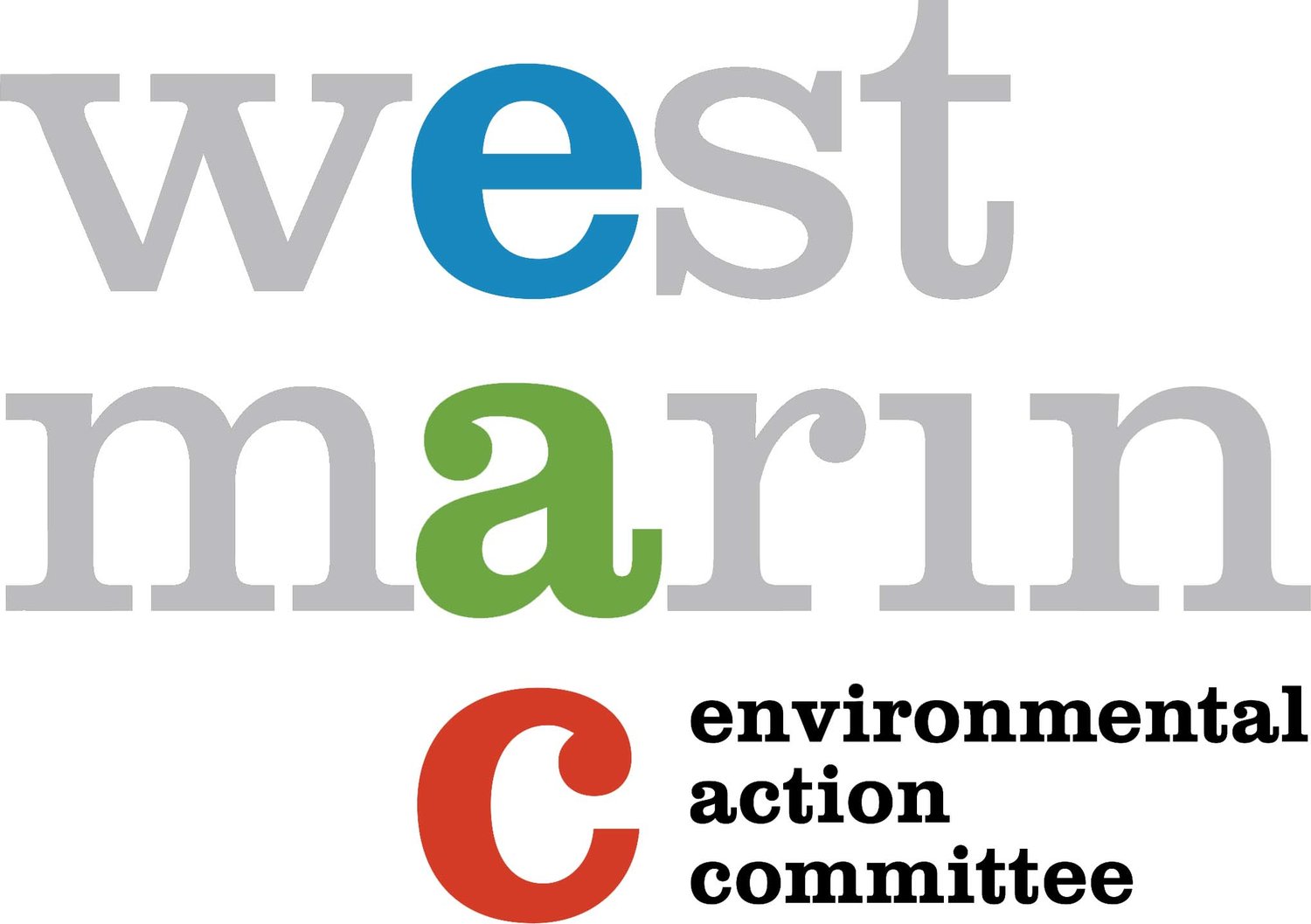Last week, we met with Supervisor Rodoni’s office and community representatives and discussed our shared values around the reef and potential ways to move forward. This was a good start to what will become many more conversations, and we plan to continue exploring ways to work together, a desire that has been echoed by Supervisor Rodoni, Marin County Parks, and Congressman Huffman.
We are open to balanced solutions that could allow for some fishing while still providing greater regulatory protection for this sensitive habitat and special place—a need that has been highlighted by educators, scientists, professors, and environmental groups.



